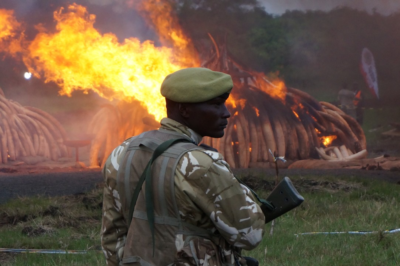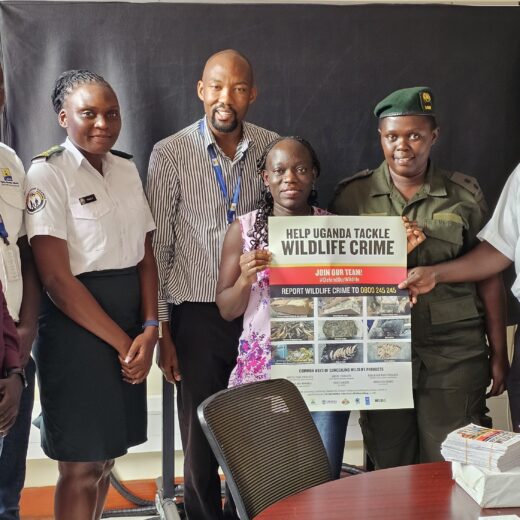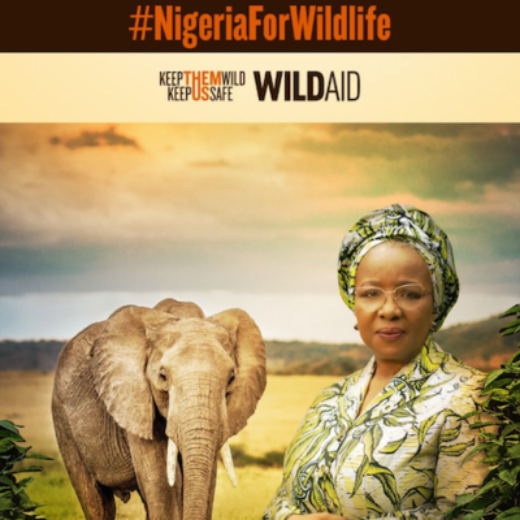
By John E. Scanlon, Special Envoy, African Parks
This op-ed originally appeared on LinkedIn on February 18, 2019.
There is no global agreement on wildlife crime, nor any universally agreed definition of wildlife crime.
In the absence of such an agreement, CITES, the Convention on International Trade in Endangered Species of Wild Fauna and Flora, a trade convention created to regulate wildlife trade, has done much of the heavy lifting in responding to the surge in wildlife crime. Given its mandate, this effort has been limited to international illegal trade in CITES-listed species.
CITES has done so with many partners, including the UN Office on Drugs and Crime (UNODC), UN Commission on Crime Prevention and Criminal Justice (the UN Crime Commission) and two key UN conventions, namely the Convention against Transnational Organised Crime and Convention against Corruption (the UN Conventions).
In recent years, the UN General Assembly (UNGA) has adopted dedicated resolutions on “tackling illicit wildlife trafficking”, namely in 2015, 2016 and 2017, the content of which was largely informed by decisions taken by CITES and the UN Crime Commission, with the initial UNGA resolution being called for by the UN Environment Assembly.
CITES is a trade convention
CITES is a trade convention that uses trade-related measures to achieve its conservation objectives. It regulates legal trade in specimens of listed species and it seeks to combat illegal trade, being trade that violates the provisions of the convention.


CITES covers international trade, not domestic trade or poaching, and it only applies to those species of animals and plants that are listed on the CITES Appendices. They currently include around 36,000 species.
CITES is not a crime-related convention and, while it obliges countries to penalise trade that does not comply with the Convention, it does not oblige countries to criminalise illegal wildlife trade. CITES has been aptly described as a convention that “defines the rules that the traffickers seek to circumvent.”
CITES is not a natural forum for the enforcement or wider criminal justice community, which comes together at meetings convened by entities such as INTERPOL, UNODC, and the World Customs Organisation. Yet the involvement of each of these entities is essential for combating wildlife crime.


During my tenure as Secretary-General, we sought to embed CITES into the work programmes of each of these entities, including through the creation of the International Consortium on Combating Wildlife Crime (ICCWC), and working directly with each ICCWC partner, from the highest level to the operational level. We directly engaged with the UN Crime Commission and the two UN Conventions and invited the INTERPOL Wildlife Crime Working Group to meet in the margins of CITES 17th meeting of the Conference of the Parties (CoP) in Johannesburg in 2016.
We had good success. CITES Parties, together with their authorities and Secretariat, with support of many others, have done a remarkable job in helping to create a global legal and policy framework for combating illegal wildlife trade and in attracting international attention, as well as financial and technical support, for this critical issue. It has also established strong partnerships with all of the key players, including the partners in ICCWC.
The gains made over the past decade have been significant and we are seeing some signs of a turnaround, but these gains are fragile, and gaps remain in the framework created for combating these serious crimes. Addressing them requires us to look beyond CITES.
To read the complete article, visit LinkedIn.
Stay in touch and get the latest WildAid updates.
SIGN UP


